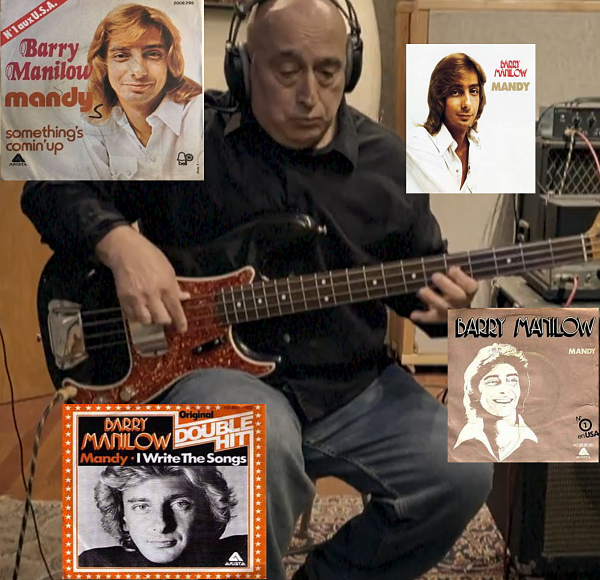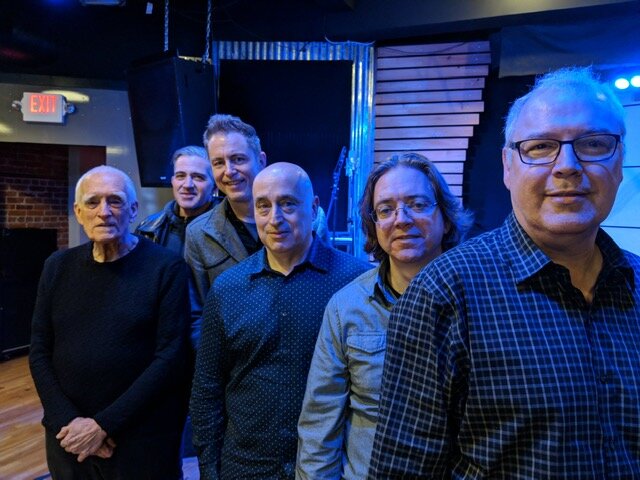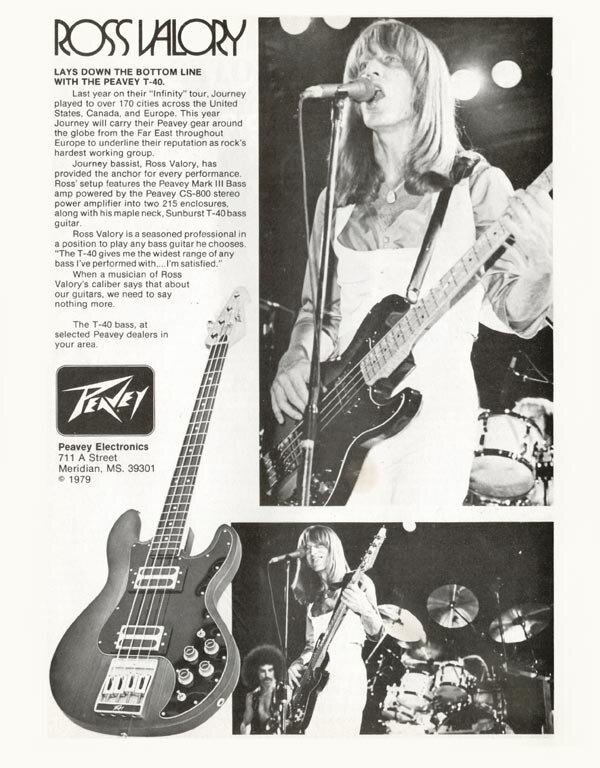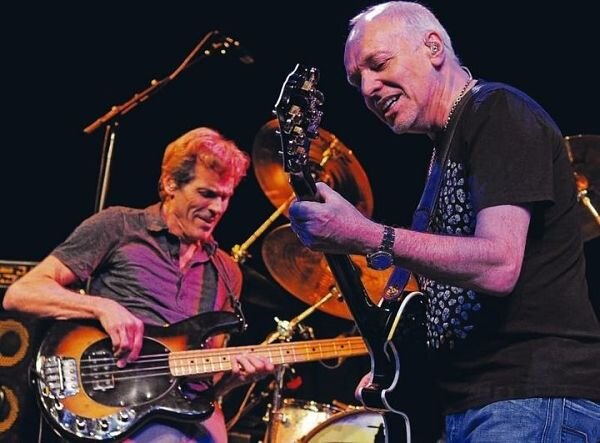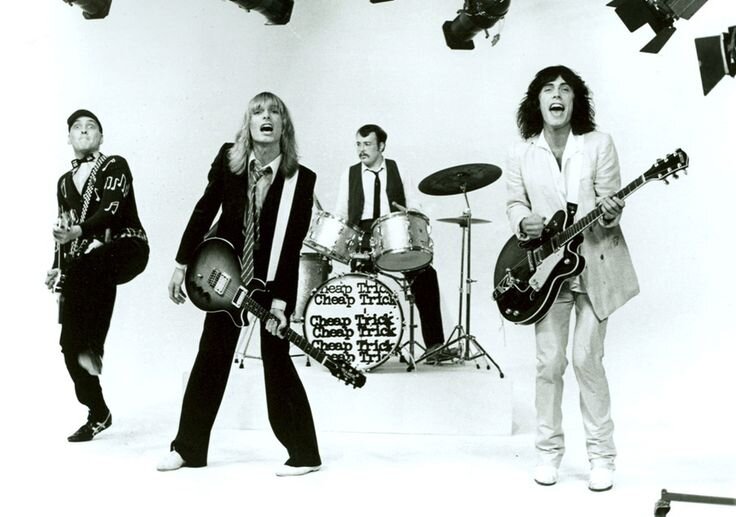Tony Senatore: Self Portrait of Jaco

This past weekend, I watched the Robert Trujillo-produced documentary about the life of legendary bassist Jaco Pastorius entitled Jaco. Although the film was made in 2014, I finally got around to viewing it, and the timing was perfect. A steady diet of highly mediocre Instagram bass videos sent to me by my bass-playing friends featuring cute children, overplaying adults, and sexy, scantily-clad women who didn’t get the message that they should be working toward the fall of the patriarchy was draining my soul and spirit. The videos demoralized me because they depicted the art of music and bass playing as a cheap parlor trick that anyone could do. People say that if you do something that you love for a living, you will never work a day in your life. I have never been a fan of aphorisms, but in my life, I have come to a different conclusion; Sometimes, doing what you love as a means of sustenance can make you despise what you once loved. As such, it is often necessary to find inspiration in any way possible.
The Jaco documentary, available for viewing here, did not make me feel any better about my decision to pursue a career as a professional bassist for the last forty-three years but instead explained the motivation behind that decision. It is very impactful when someone profoundly influences your life, as Jaco influenced mine. Someday there might come a time when you realize that you should have emulated Bill Gates rather than Jaco Pastorius. Often, it is impossible to deviate from the course you set out on once the passion takes hold. This is especially true for those pursuing careers in the arts. Although it is not stated directly, what is implicit in the documentary is the idea that whatever your chosen instrument, all musicians must strive to develop a personal style and voice.
Jaco did this by transforming his life’s joy and chaos into art and settling on one specific bass to express himself; a 60’s fretless Fender Jazz Bass played through his beloved Acoustic 360 amplifier. This is a crucial lesson for those (like me) that feel the need to have a vast array of bass guitars. Know Your Bass Player “head honcho” Tom Semioli has often pointed this out to me to no avail. Sometimes too many equipment options are a detriment to finding your voice. After trying to break new ground on my six-string bass between the years of 1987 to 1995, an unexpected encounter with a Hamer 12-string electric bass guitar in a New Jersey music store changed my life. With that instrument, I could finally express myself like never before. I released an audio CD entitled Holyland in 2005 and my 12-string bass X-ploration DVD in 2007. From that point on, my career took off, and modest critical acclaim followed.
The themes of mental illness and family were the aspects of the documentary that resonated with me the most and shaped my life and Jaco’s. The birth of Jaco’s daughter Mary was the catalyst for him to get serious about his life and ultimately become a better bassist. As he looked at his newborn daughter, he turned to his brother and said, “Gregory, I have to do something on the electric bass that has never been done before.” Jaco was a working musician in Florida, but he instinctively knew that wasn’t enough to give her and his other children the life they deserved. Unfortunately, Jaco’s mental illness, undiagnosed until much later in his life, caused him to become estranged from his children and lose his career and, ultimately, his life.
On the other hand, he achieved his goal of becoming arguably the most incredible electric bassist ever. Although I have no biological children, the birth of my niece Alexandra in 1993 radically altered the trajectory of my life. Moreover, I am no stranger to mental illness. My late sister suffered from schizophrenia and manic depression and could not raise her daughter. I relocated from Florida to raise my niece as my daughter with the help of my parents. By 2004, I was in the same place Jaco was when he told his brother Gregory that he needed to become the world’s greatest bassist. Unlike Jaco, I decided that getting a day job unrelated to music was a better plan than becoming a better bassist.
By 2008, I decided to get the college degree I abandoned in 1980. By 2017, I received my bachelor’s degree from Columbia University in the City of New York. During my nine-year journey in academia, I never stopped playing the bass. I played live sporadically and maintained a rigorous practice schedule. I wasn’t trying to break new ground but simply preserve what I had developed over the years.
After graduation, I got a better job and resumed my music career. By 2018, I realized that although reinventing myself as an academic was perhaps the most extraordinary period in my life, music and playing the bass were what I did best. After graduating college at age 55, I recorded some videos with friends, including a dual bass performance with Steve Swallow, which fills me with pride. The message is clear. There is no one size fits all solution to succeeding in life or the music business. My favorite scene in the documentary is when Jerry Jemmott showers Jaco with accolades regarding all the innovations he bestowed on the bass guitar’s history, lexicon, and development. Jaco turns to Jemmott and says, “ get me a gig!”
Jaco’s mental illness wreaked havoc on his personal and professional life. As Jemmott wisely pointed out, if you are a musician and your life doesn’t have stability, your art will suffer. Success in the music business always was, and always will be, about having the respect of those that you respect and having paid work and a full schedule of gigs. Everything else, including popularity on social media platforms, is an illusion and a distraction.
Although it might be a controversial statement, I believe Jaco Pastorius’s bass playing has not been surpassed. I agree with Flea, who asserted that “he’s the greatest bass player that ever played… there’s nothing else like it… am I missing something or someone… is there anything close to it on bass? Not to me, man!”
Robert Trujillo deserves much respect for his effort to document the life and legacy of Jaco Pastorius.

